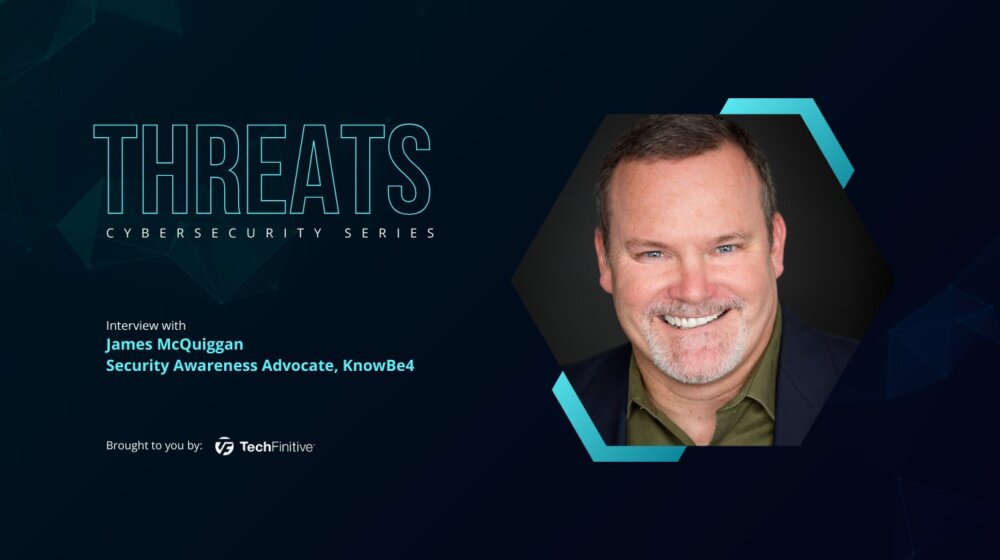
“The part of society most impacted by technology will be the world’s middle classes”
Welcome to the latest in our series of interviews with technology “thinkers”. Today, we probe the brain of Tony Hallett, who is MD of the content marketing agency Collective Content.
Through these interviews, we aim to build an idea of what the future of work holds. What jobs might AI replace? Who will be impacted the most? How will this shape the way we work, the offices we go to, the places we live?
We have already interviewed Fazilat Damani, Chief Experience Officer at Design for Good, and Jimmy Lee, the CEO of Nirovision.

With over 30 years of experience in the technology industry, Tony has seen plenty of change. He spent 15 years working in media, starting as a reporter before becoming publishing director at Silicon Media Group, CNET Networks and CBS Interactive.
Tony set up Collective Content in 2011, so that B2B technology brands can tell their own stories and have better conversations with customers.
And, as we shall see, it all started with a customer-facing position some three decades ago.
What was your first role in tech and what is your current role today?
Before I became a technology reporter, I spent a year working in computer hardware, for a server-maker (it was the 1990s and the company was subsequently bought by IBM). I was just in a customer support role but the experience was an eye opener into how the tech industry works, and the pressures of those in tech roles at customers, too.
What jobs do you think AI might replace?
Cries of technology replacing jobs are always overblown, especially when something feels new. The concept of AI and its simple uses have been around for decades but now awareness has ballooned thanks to easy access to ChatGPT. But a lot of jobs are likely to be augmented by AI rather than replaced. Someone else said it well: Think of AI less as a robot and more as an exoskeleton.
What are the major factors influencing the future of work?
It’s easy to talk about advanced technology changing how we work but it’s wider than that. For example, we’re used to laws and regulations in areas around data privacy but we can expect a lot more compliance related to climate change and ethical practices – and organisations will have to make changes, often enabled by technology, to hit these targets.
Is there any science fiction or writer that, in your view, successfully predicts the future?
Some will point to Neal Stephenson and his vivid portrayal of a metaverse in Snow Crash – now over 30 years ago. But we’re still nowhere near that. I tend to prefer to come back to the future William Gibson painted and especially his quotation for the ages: “The future is already here – it’s just not evenly distributed.”
How do you think the work office will change in the next ten years?
In some cases the ‘work office’ might become the ‘residential office’. Or at least a mixed-use space. Many buildings aren’t suitable, that’s true, but some will help solve the problem of an oversupply of office space and under supply of housing. Some people might even end up living in the same building that they work in, even if a large proportion of us will mainly work from home – or anywhere we want.
Which areas of society do you think will be more impacted by technology?
The easy answer is to say all areas of society will be affected – and there’s truth in that. But the part of society most impacted will be the world’s middle classes. They are most likely to be disrupted in terms of comfortable professions being replaced by a combination of advanced technologies and workers on the other side of the world. On the flip side, high performers will experience success as never before seen, for individuals as much as companies.
What fields of work or industries do you think will accelerate because of technology?
Instead of focusing on the next photo filter, I like to think the big areas of acceleration will be our best brains focusing on healthcare and sustainability. Sometimes this is more about life sciences or industrial technologies than IT, but AI and large data models will guide all our important decision making.
Read next: How the world of work will look in 2030 by futurist Nicole Kobie
Be part of the conversation
A huge thank you to Tony Hallett for taking the time to answer our questions. If you have something to say about the Future of Work, please email us at [email protected].
NEXT UP

James McQuiggan, Security Awareness Advocate at KnowBe4: “Ironically, attack methods have remained unchanged over the past twenty years”
In this interview, we hear from James McQuiggan, Security Awareness Advocate at KnowBe4 and a part-time Faculty Professor at Valencia College in Florida.

What is ocean-bound plastic and should you care?
Lee Grant digs behind the truth about ocean-bound plastics to explain why reducing them is a worthy cause – but that we need to treat marketing claims with due scepticism

Slow buyers cause tech firms to rethink sales approaches as tough Q1 hits home
New research suggests tech sales were slow in Q1, with buyers of technology and professional services taking their time before committing to any solutions.